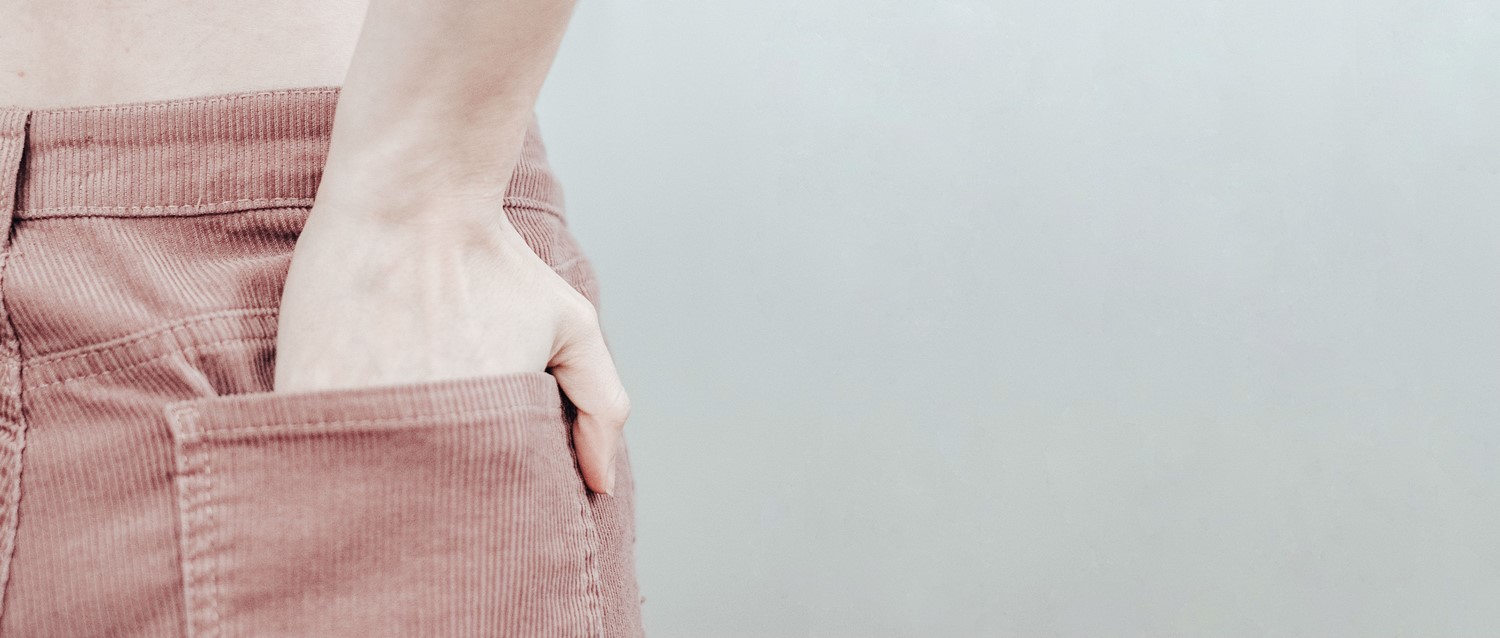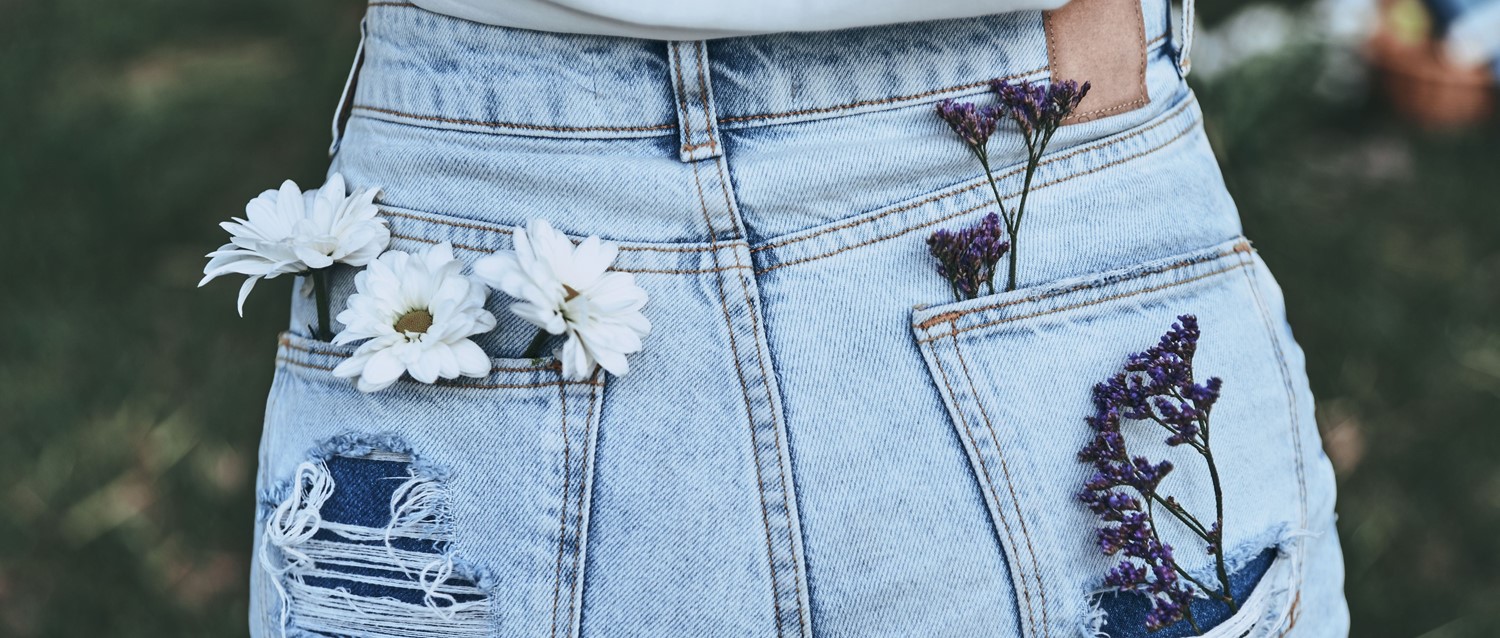
Common causes of an itchy bottom
Peer reviewed by Dr Sarah Jarvis MBE, FRCGPLast updated by Dr Jessica Garner, MRCGPLast updated 27 Dec 2018
Meets Patient’s editorial guidelines
- DownloadDownload
- Share
- Language
- Discussion
- Audio Version
While an itchy bum may be a literal pain in the backside, it's actually incredibly common. There are thought to be over 100 potential causes but some are more likely and more common than others. Here is a brief rundown on some likely culprits and what you can do about it.
In this article:
Video picks for Anal and rectal problems
I've said it before, and I'll say it again, you really can't embarrass your doctor. You will have to trust me on this one, but I can guarantee that by the time we have gone through medical school, survived house jobs and completed all our postgraduate training there are very few things that will shock us.
I have heard countless patients complain that they have suffered with an itchy bottom for years (if not decades) and have never come to see anyone for fear of embarrassment. So let me reassure you this is an incredibly common condition, affecting up to 5% of us at any one time, and it is certainly not anything to be embarrassed about.
Here's what could be causing the itch, or pruritus ani, to give it it's medical name.
Continue reading below
Skin conditions
Skin conditions such as eczema, dermatitis or psoriasis can affect the anus just as much as any other part of the body. Dermatitis is usually triggered by an irritant factor; which includes excess moisture or sweat around the anus, or sensitivities to beauty products or toilet tissue.
If these triggers have been eliminated, simple steroid ointments or creams are usually the next things to try. Other less common skin conditions such as lichen planus or lichen sclerosus also affect this area and can be diagnosed by your doctor.
Infections
Back to contentsFungal infections are a very common cause for pruritus ani as these bugs thrive in damp, warm areas. Antifungal creams are an effective means of treating this.
Threadworm is common in children but can also be passed to adults, and causes classical itching down below.
Sexually transmitted infections can also affect the anal regions, so it is sensible to get yourself checked out if you have any concerns.
Continue reading below
Conditions specific to the anus
Back to contentsPiles or haemorrhoids can often cause itching, as can small anal tears called fissures. There are specific creams which deal with both these problems and which can be purchased from the pharmacy or prescribed by your doctor.
General causes of itching
Back to contentsThis is a whole area in its own right but there are countless conditions which cause generalised itching. Typically these conditions affect the whole body and not just the bottom, but sometimes the itch can be felt more acutely in this area.
Continue reading below
Foods
Back to contentsMany people will be aware of the uncomfortable effects felt following a spicy meal the night before. However, there are a few other foods that can result is an itchy bottom. Some fruits, especially citrus fruits, grapes and tomatoes, are known to be triggers for pruritus ani. Beer, milk and caffeine have also been reported to irritate the anus.
Excluding these items from your diet for at least a two-week period can be helpful in making the diagnosis.
Medicines and drugs
Back to contentsObviously, there is always a risk that the creams and ointments used to help treat the condition can actually exacerbate it. Sensitivities to topical treatments are not uncommon and worth being alert to. The drug colchicine (which is used for gout), as well as peppermint oil, can also cause pruritus ani as a side-effect.
Other factors
Back to contentsThe bottom becoming overly hot and sweaty can definitely exacerbate an itch. Drying the area fully before getting dressed, patting rather than rubbing dry and wearing breathable underwear can help minimise these factors.
Also, good hygiene after using the toilet is important. Any stool remaining in contact with the skin can irritate and cause an itch.
Stress and anxiety often worsen anal itching, especially at night time.
Lastly, there is a very well known phenomenon known as the 'itch-scratch cycle'. Essentially this means that the more you scratch something, the itchier it becomes. Being aware of this and trying to break the cycle is usually very important when dealing with this problem.
Patient picks for Anal and rectal problems

Digestive health
How to get rid of threadworms
Threadworm infections, although relatively harmless, can be both irritating and distressing - but whilst it's not something we often discuss with family and friends, chances are many of the people you know will have had to deal with this problem at one time or another. Threadworm eggs are easily spread, and infection is more common than you might imagine.
by Gillian Harvey

Digestive health
How to get rid of haemorrhoids
Are you sitting comfortably? If you've got haemorrhoids (piles), chances are, you're not. Around half of us will experience the nuisance and discomfort of haemorrhoids at some point in our lives. So what are they, what causes them and how can they be treated?
by Gillian Harvey
Continue reading below
Article history
The information on this page is peer reviewed by qualified clinicians.
27 Dec 2018 | Latest version

Ask, share, connect.
Browse discussions, ask questions, and share experiences across hundreds of health topics.

Feeling unwell?
Assess your symptoms online for free
Sign up to the Patient newsletter
Your weekly dose of clear, trustworthy health advice - written to help you feel informed, confident and in control.
By subscribing you accept our Privacy Policy. You can unsubscribe at any time. We never sell your data.